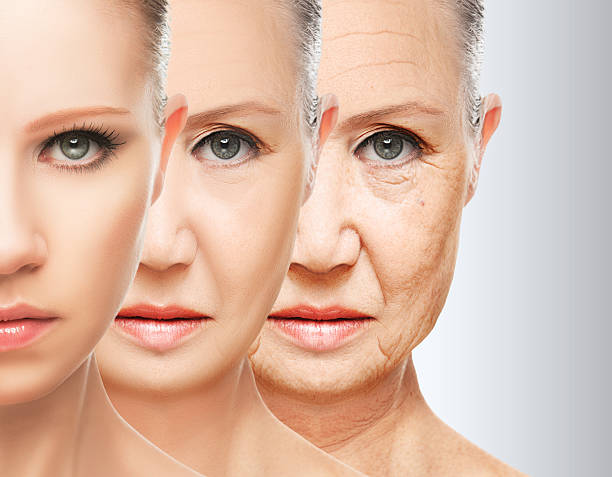
Diagnosed with Cancer? Your two greatest challenges are understanding cancer and understanding possible side effects from chemo and radiation. Knowledge is Power!
Learn about conventional, complementary, and integrative therapies.
Dealing with treatment side effects? Learn about evidence-based therapies to alleviate your symptoms.
Click the orange button to the right to learn more.
- You are here:
- Home »
- Blog »
- side effects ID and prevention »
- Side Effects in Women Cancer Patients
Side Effects in Women Cancer Patients

“Women are at higher risk than men for severe cancer treatment-related adverse events (side effects), particularly for immunotherapy, according to a study..”
Immunotherapy can do amazingly positive things for cancer patients. At the same time, immunotherapy, according to the study below, can cause serious side effects- especially to women.
While I didn’t undergo Immune checkpoint inhibitors when I underwent active therapy, I did sustain dozens of short, long-term and late stage side effects. Conventional oncology, in my opinion, has always done a poor job of side effect prevention.
The point of this post is simply to highlight the very real possibility that women will sustain serious side effects from cancer therapies and that the risk of those side effects can be reduced with evidence-based, non-conventional therapies such as probiotics.
Have you been diagnosed with cancer? What type? What stage? Are you considering immunotherapy? To learn more about evidence-based, non-conventional therapies scroll down the page, post a question or comment and I will reply to you ASAP.
Thank you,
David Emerson
- Cancer Survivor
- Cancer Coach
- Director PeopleBeatingCancer
Recommended Reading:
PeopleBeatingCancer Side Effects Program
Women Face Higher Risk for Severe AEs From Cancer Therapy
Large differences in risks for severe adverse events according to sex seen for cancer patients receiving immunotherapy
“Women are at higher risk than men for severe cancer treatment-related adverse events (AEs), particularly for immunotherapy, according to a study published online Feb. 4 in the Journal of Clinical Oncology.
Joseph M. Unger, Ph.D., from the Fred Hutchinson Cancer Research Center in Seattle, and colleagues examined sex differences in treatment-related AEs among patients receiving
- immunotherapy,
- targeted therapy, or
- chemotherapy
in cancer clinical trials. The analysis included data from 23,296 patients participating in phase II and III clinical trials (202 trials) between 1980 and 2019.
The researchers found that 274,688 AEs were analyzed for patients in clinical trials (17,417 with chemotherapy; 2,319 with immunotherapy; 3,560 with targeted therapy).
Nearly two-thirds of participants (64.6 percent) experienced one or more severe (grade ≥3) AEs.
Compared with men, there was an increased risk for severe AEs observed among women (odds ratio, 1.34), including a 49 percent increased risk among those receiving immunotherapy.
A higher risk for severe symptomatic AEs was seen among women receiving all treatments, but was highest for immunotherapy (odds ratio, 1.66). Severe hematologic AEs were more common among women receiving chemotherapy or immunotherapy.
“Particularly large sex differences were observed for patients receiving immunotherapy, suggesting that studying AEs from these agents is a priority,” the authors write.”
The risk for cutaneous irAEs was higher for patients with melanoma and renal cell carcinoma and for those receiving combination therapy.

